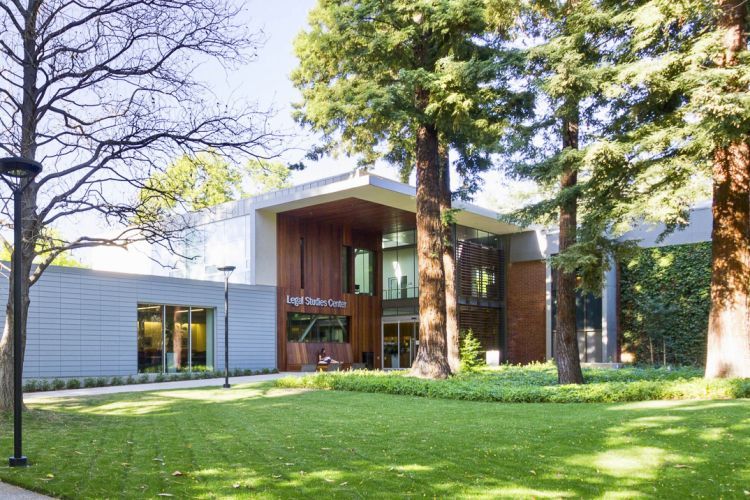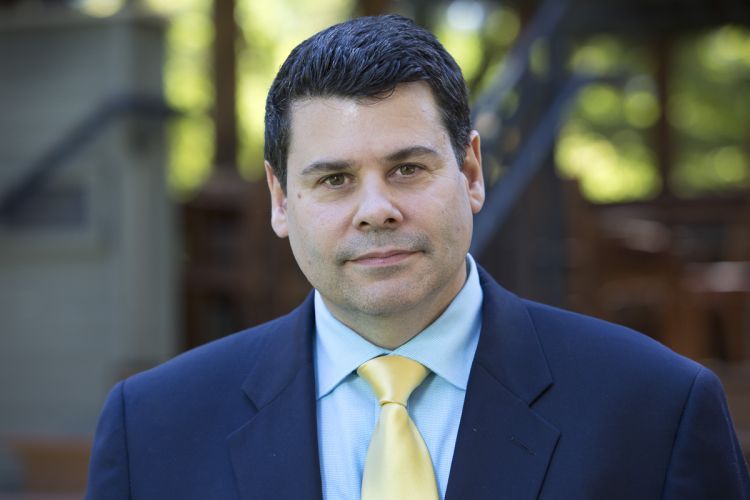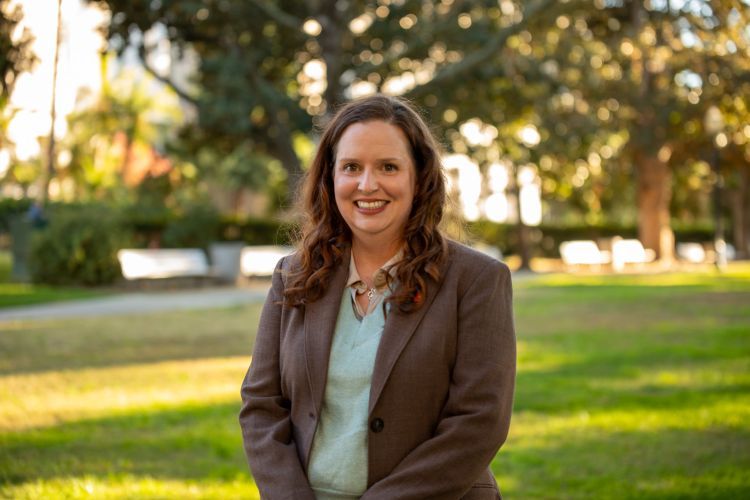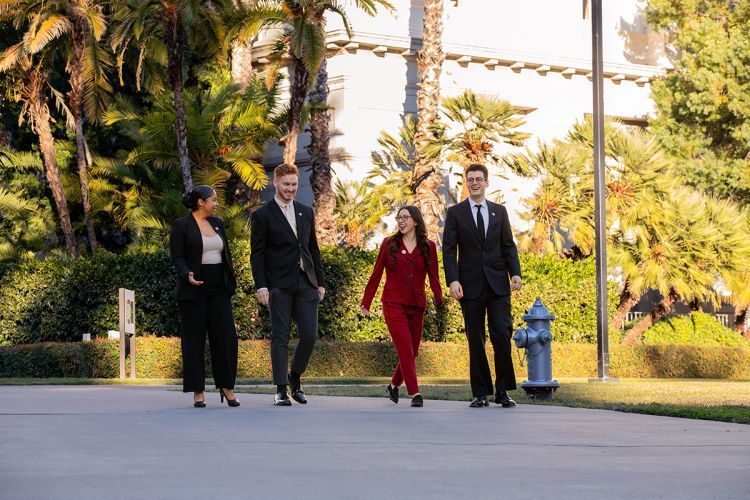Breadcrumb
McGeorge joins Institute for Law Teaching and Learning leadership as a host institution

McGeorge School of Law will serve as the West Coast home of the Institute for Law Teaching and Learning. McGeorge School of Law is located in Sacramento, California.
The University of the Pacific McGeorge School of Law has joined the Institute for Law Teaching and Learning as a host school to promote the improvement of teaching and learning in legal education. The Institute, a nationally recognized non-profit organization, provides teaching resources that help law professors ensure that their students achieve the highest academic standards and prepare their students to become effective and moral attorneys.
McGeorge School of Law will serve as the West Coast home of the Institute, joining the University of Arkansas at Little Rock William H. Bowen School of Law and Washburn University School of Law.
"We are very excited about the opportunity to further the mission of the Institute for Law Teaching and Learning. Our faculty and students will benefit from the Institute’s resources, leadership, and teaching programs,” Dean Michael Hunter Schwartz said.
Schwartz appointed Professor Michael T. Colatrella Jr. as a Co-Director of the Institute. Colatrella is a noted expert on teaching and law school curricular issues. He will serve in this role alongside Co-Directors from partner institutions, Lindsey Gustafson of Bowen and Emily Grant of Washburn.
“I am delighted to be part of the Institute for Law Teaching and Learning, which has done so much to advance legal education in the United States through its national leadership and resources,” Colatrella said.

Professor Michael T. Colatrella Jr. was appointed to serve as Co-Director of the Institute. Colatrella is a noted expert on teaching and law school curricular issues.
Colatrella co-developed McGeorge School of Law's innovative, required first-year course "The Legal Profession," and is a nationally sought-after contributor on legal education reform issues. He served as Interim Dean at McGeorge School of Law during the 2019-2020 academic year and as Associate Dean for Academic Affairs for four years immediately before that.
The Institute, founded in 1991, develops materials for faculty that can be utilized to enhance teaching and learning in law school. The Institute hosts conferences, conducts training programs, and provides consulting services; supports student-centered curriculum reform; and provides a platform for faculty to showcase ideas that can help other law professors become more effective teachers.
Throughout the school’s 97-year history, McGeorge School of Law has consistently demonstrated its commitment to improving law teaching and learning. McGeorge is one of less than 10 law schools nationwide to require two capstone experiences for students to graduate. McGeorge also requires four semesters of legal writing coursework.
Collectively, faculty members have delivered more than 200 professional training programs and presentations relating to teaching and learning as part of conferences, as invited speakers at other law schools, to state bars, and to law teachers in Canada, Chile, China, Iran, Germany, the Republic of Georgia, Russia, Saudi Arabia, Taiwan, and Turkey.
McGeorge's accomplished faculty are among the world's foremost legal experts, producing scholarship on a wide range of subjects. In particular, McGeorge faculty are known for producing leading casebooks and course materials. In fact, McGeorge faculty-authored casebooks and other teaching materials are used at 183 out of 199 ABA-accredited law schools across the nation.
Current faculty members have authored more than 30 textbooks in recent years about topics including: advocacy in trial and appellate courts, asylum and refugee law, property, contracts, mediation, civil procedure, employment law, evidence, family law, hazardous wastes and toxic substances law, international environmental law, international tribunals, marijuana law, mergers and acquisitions law, property, trade secrets law, tort law, and water law.





